The MRI Mountain Resilience Working Group hosted a successful summer school in Ostana, Italy and online, from 5-12 June 2021.
‘Designing for Resiliency: RE:GENERATE alpine-urban circularity’ was an experiential educational co-creation hybridizing science, design, social outdoor joy, and local action organized by ETH Zurich, EPFL Lausanne, and the MonViso Institute and partnering with The Oslo School of Architecture and Design, TU Delft, and Politecnico Torino. The instructional team included MRI Mountain Resilience Working Group Co-Leads Tobias Luthe and Romano Wyss, with institutional support from MRI Co-PI Adrienne Grêt-Regamey.
What makes a mountain community and its livelihoods resilient, given the current social, economic and ecological pressures? What makes it worth living in a rural mountain community? What are community regeneration strategies in remote geographies, like mountains? How does “more nature” relate with compassion for nature, systems thinking, and acting? And how do urban and rural/alpine places interact? How does this change our awareness as visitor/tourist, and as a local? What can we learn for re-designing how we live back in the urban, in cities?
During this PhD summer school in the Italian Alps with its virtual global reach, students discovered and designed approaches to these questions, merging science, design, and local practice in and from a wonderful, wild, dynamic, mountain outdoor environment – stimulating local physical action as well from wherever they (virtually) participated. The idea was to engage in a rich local “real” setting with a smaller core group of people, while carrying these experiences out into the world by virtual means, nudging local physical action and allowing basically anyone to participate, and sharing feedback from some of the remote simultaneous experiences from virtual participants with the main onsite program.

A first impression of the outputs developed with the students, courtesy of Romano Wyss.
Students collected qualitative and quantitative data in a low-threshold and inclusive research phase. This data was obtained through the analysis of social networks, drone scanning, mobility experiments and circularity master planning, spontaneous encounters with local people, discussions, joint hands-on work with locals, etc., in order to understand the identity and challenges of the area. Students then developed an adequate communication of the identified challenges and possible solution paths to revive the alpine community and circularities with the urban (“Tools for Change”, “seeds of systemic innovation”), including short films, systems “giga” maps, and technical demonstrations. Finally, partipants presented and discussed the findings and solutions paths at the Regenerative Design Talk (RDT) series. Students contributed their expertise and methods from their backgrounds to make the summer school a valuable broadening of horizons, spiced up with global virtual participants.
Find more information about the summer school here. For any questions, please contact the organizing team by email: phd-school-regenerate@ethz.ch.
Find more information about the Mountain Resilience Working Group here.


